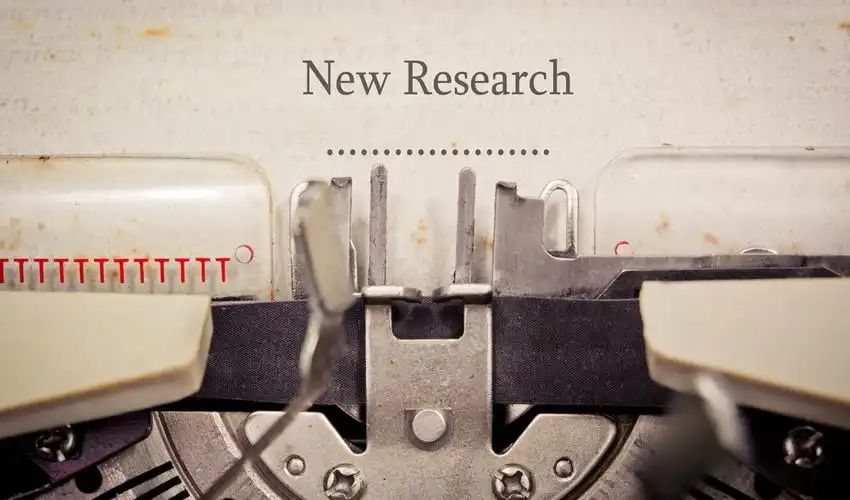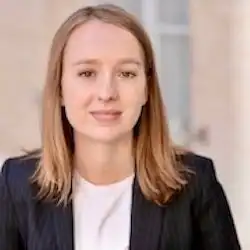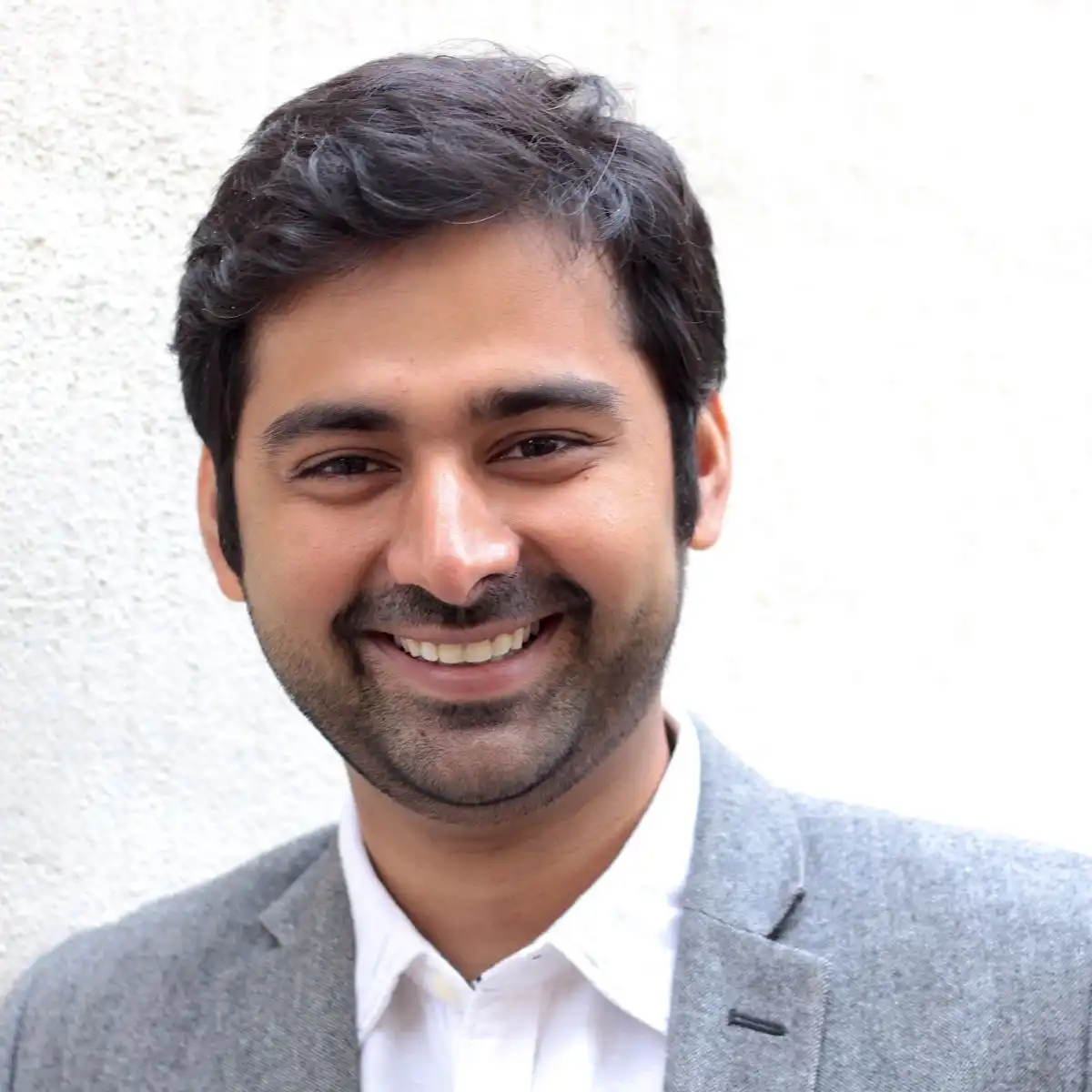Home>In focus: our PhD
16.06.2020
In focus: our PhD
The academic year 2020/21 is winding down: it is a timely moment to celebrate our young doctors (read below) and our 1st year students who will be presenting their research for the first time June 11th.
But first, who are our PhD students ?
Interview with Sergeï GURIEV, Director of Doctoral studies in economics.

"Our students focus on topics of great importance to society, economics and politics..."
TELL US ABOUT YOUR CAREER...
Before coming to Sciences Po in 2013, I ran the New Economic School (NES), a small private university in Moscow which was established in 1992. I joined the NES as an assistant professor in 1998 and was appointed its director in 2004. The core programme of the NES was, and still is, a Master’s in economics which is in many respects similar to the Master’s in Economics at Sciences Po. While the NES has made a conscious decision not to create its own doctoral programme, we regularly sent many of our graduates to the leading PhD programmes in the US and Europe, so while working at NES I was always in close touch with doctoral programmes around the world.
WHAT ARE YOUR RESEARCH INTERESTS?
During my career I have done research in many fields of economics: I’ve worked on contract theory, development economics, labour economics, political economy, and economic history, and have written both theoretical and empirical papers. Today, I mostly work on the political economy of populism and on the political economy of modern non-democratic regimes.
YOU ARE THE DIRECTOR OF DOCTORAL STUDIES IN ECONOMICS. WHAT DO YOU FIND INTERESTING ABOUT SUPPORTING THE STUDIES OF MASTER’S AND PHD STUDENTS?
Sciences Po has the DNA of an institution that strives not just to understand, but also to transform the world. Most of our students focus on topics of great importance to society, economics and politics. This means that talking to our students about their research is always exciting. Furthermore, thanks to the rapid development of theoretical and empirical methodology and the growing availability of data, the quality and rigour of our students’ research are improving every year. This, however, is true of many other PhD programmes, so competition is tough. The good news is that our department has built a critical mass of faculty that can provide ideas and feedback to students in all fields of economics.
WHAT DO YOU BELIEVE ARE THE KEYS TO SUCCESSFULLY COMPLETING A PHD?
It is important to choose the right topic – the research question that matters, that you are passionate about, and that can be addressed with available methodology and data. But good ideas alone are not enough. Success in a PhD programme requires hard work and persistence, and this is not easy. At the undergraduate, and even Master’s, levels, there is a structured process for coursework. At the PhD level, students work independently. It is crucial for PhD students to be proactive, and to seek advice and feedback from faculty, visitors, and fellow students. Finally, in addition to doing research well, success requires presentation and writing skills – for this, of course, they need to attend many seminars (fortunately we have excellent seminar series), and read a lot.
WHY ARE THERE SO FEW WOMEN IN ECONOMICS?
Economics does have a major gender problem – to a much greater extent than other disciplines, certainly more than other social sciences and even more than mathematics and natural sciences. The explanations are the same as in other male-dominated occupations: as economics has always been dominated by men, its practices (including those for selection and promotion) and social norms have been shaped to suit men and essentially discriminate against women. One of our researchers, Ghazala Azmat, permanent faculty member at the Department, explains this in an article in an issue of the research magazine Cogito Gender Inequalities in Higher Education. The good news is that this problem is finally recognised by the profession and all economics departments around the world (including Sciences Po), and they now want to change the status quo. At the Sciences Po Economics Department, we are also strongly committed to increasing the number of female students and faculty. Some progress has been made in terms of hiring female faculty. When I arrived at Sciences Po in 2013, we had only two tenure-track faculty, and zero tenured female faculty. Today, we have four tenure-track and three tenured female faculty. This is, of course, still a small minority; we still have the responsibility to do better.
More information:
*original interview published by Sciences Po's Doctoral School (read article)
PhD Day - June 11th

The Department is dedicating June 11th to our PhD students on Zoom COVID-19 obliged. Our first year students will have the opportunity to present their work for the first time to their peers and faculty members.
First time presentations can be daunting - save the date and come join us to warmly support our first year PhD Candidates!
- 10.15–10.45 Leonard LE ROUX : Traditional leaders and local government in South Africa (thesis supervisor: Benjamin Marx)
- 10.45–11.15 Kevin PARRA RAMIREZ : Exchange of information and bank deposits in international financial centres (thesis supervisor: Philippe Martin)
- 11.15–11.30 Break
- 11.30–12.00 Nourhan HASHISH : The Egyptian Public Sector Minimum Wage: A Driver for Married Females Labor Force Participation? (thesis supervisor: Sergeï Guriev)
- 12.00–12.30 Mylene FEUILLADE : Within- and Between-City Real Income Disparities (thesis supervisor: Pierre-Philippe Combes)
- 12.30–13.45 Lunch Break
- 13.45–14.15 Juan Sebastian IVARS : Team performance and market competition (thesis supervisor: Jeanne Hagenbach)
- 14.15–14.45 Moritz HENGEL : Hosting Media Bias: Evidence from the Universe of French Television and Radio shows (2002-2020) (thesis supervisor: Julia Cagé)
- 14.45–15.00 Break
- 15.00–15.30 Valentin MARCHAL : Is a low-inflation target compatible with degrowth? (thesis supervisor: Stéphane Guibaud)
- 15.30–16.00 Clemens GRAF VON LUECKNER : Decrypting Hidden Capital Flows (thesis supervisor: Stéphane Guibaud)
When ? Friday, JUNE 11th, 2019 - 10:15 AM to 4 PM
Where ? Join on zoom (link to follow)
Congratulations to our 2020/21 international job market candidates

Our PhD programme trains top economists who seek to pursue university and academic careers in France or abroad, as well as careers requiring high-level doctoral training: in international organisations, think tanks, research institutions, government agencies, banks, and insurance companies.
Despite an international job market plagued (no pun intended) for the second consecutive year by COVID-19, our candidates have fared remarkably well in securing positions in top-knotch universities.
Camille URVOY

Camille Urvoy will be joining the University of Mannheim as an Assistant Professor in September 2021.
Currently a Teaching Fellow at the Department as well as affiliated to the LIEPP, she will be defending her PhD thesis entitled Political Profit from Nonprofits: Evidence from Governmental Transfers(supervised by Sergei GURIEV) in July.
Her research interests are in political economy and public economics. She would like to understand how interests are represented in democratic systems and how that affects people attitudes, preferences and public policies.
More about Camille URVOY and her research
Aseem PATEL

Aseem PATEL will be joining the University of Essex as a Lecturer August 1st, 2021.
Currently serving as a Research Assistant for the ANR project 'Occupation Mobility and Wage Dynamics within and between Firms' (OMWD), he will be defending his PhD thesis entitled Employment Protection Legislation, Unemployment and Demographics (supervised by Jean-Marc ROBIN) in July.
His research interests lie in macroeconomics, labour economics and applied econometrics.
More about Aseem PATEL and his research
You may want to read about last year's placements too! (link)
Consult all of our previous placements
Learn more about our graduate and PhD programmes
Sciences Po's Research School (link)
Our partners
Institutional partnerships for research and innovation
- CNRS
- Banque de France
- The CORE Project
- The Kellen Foundation
Other research centres
- LEPI
- LIEPP
- OFCE
